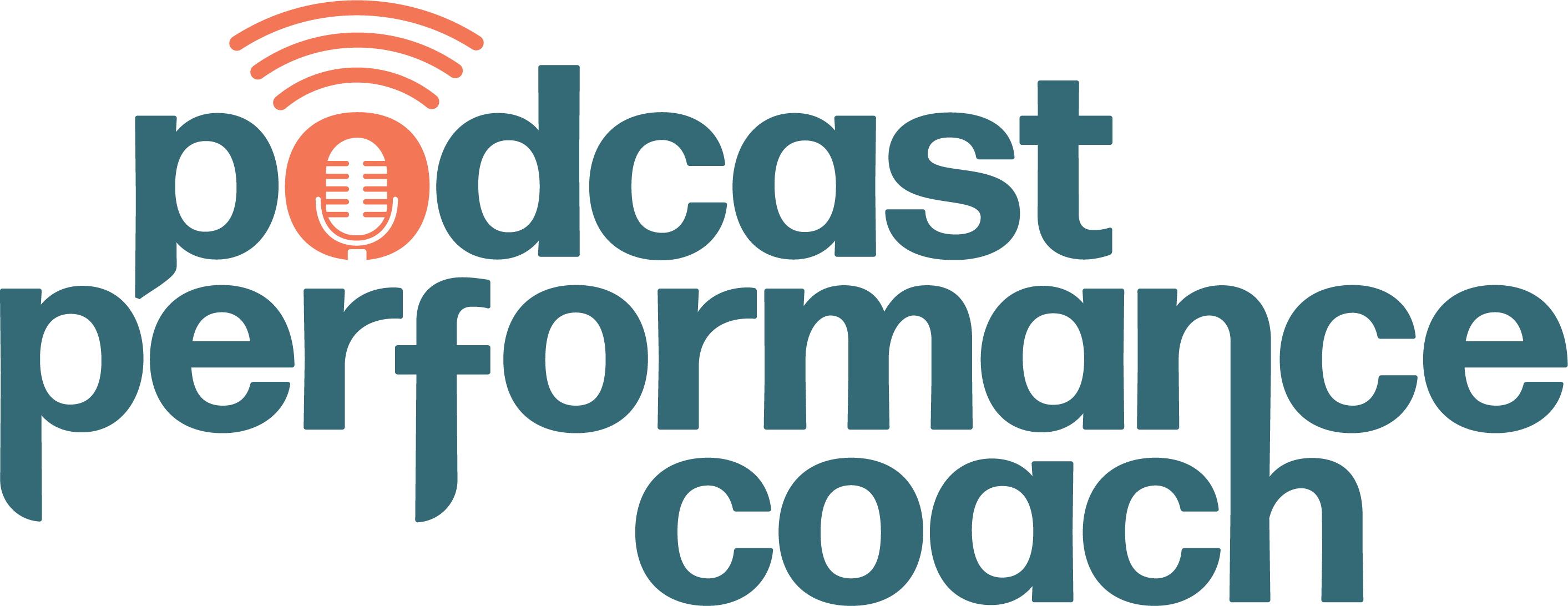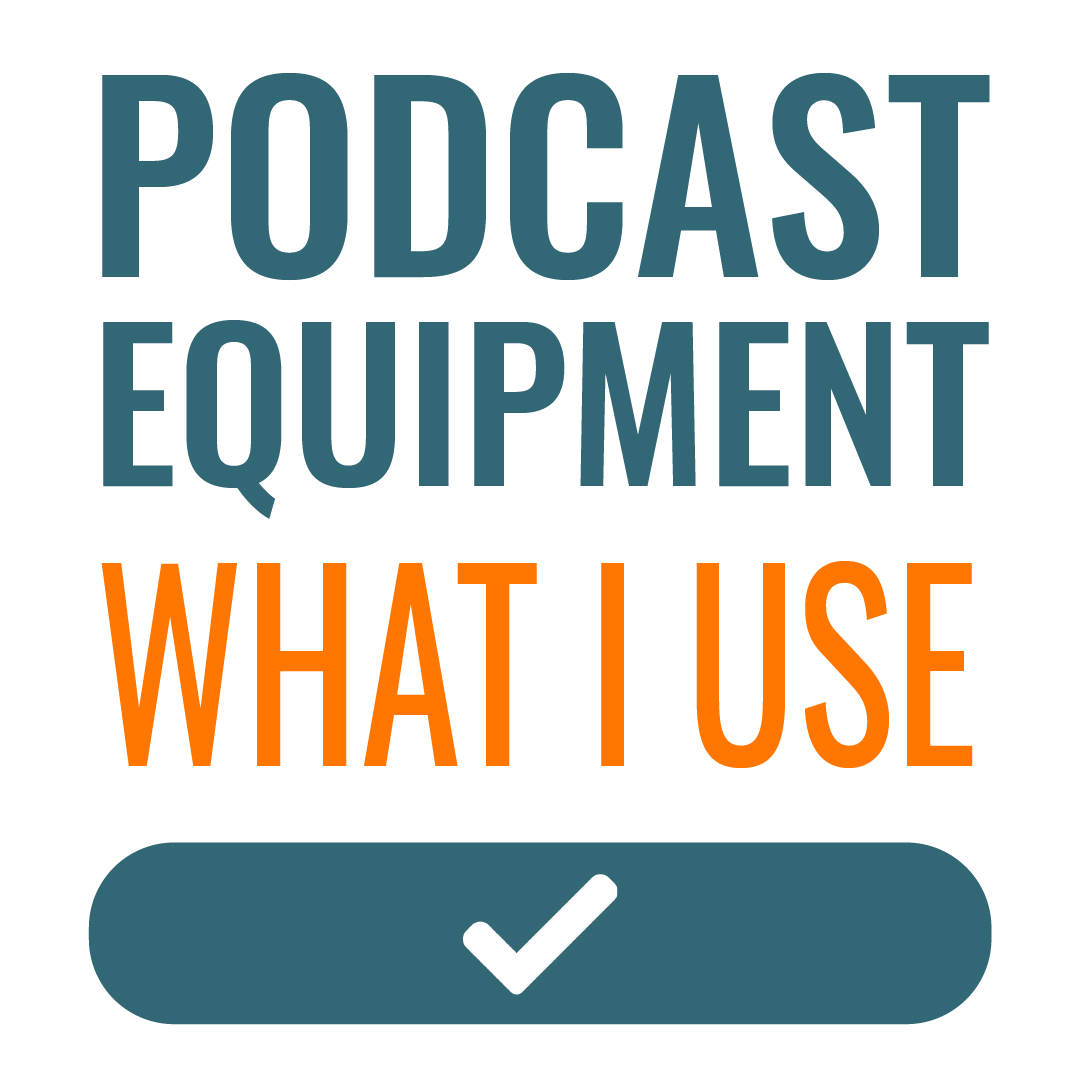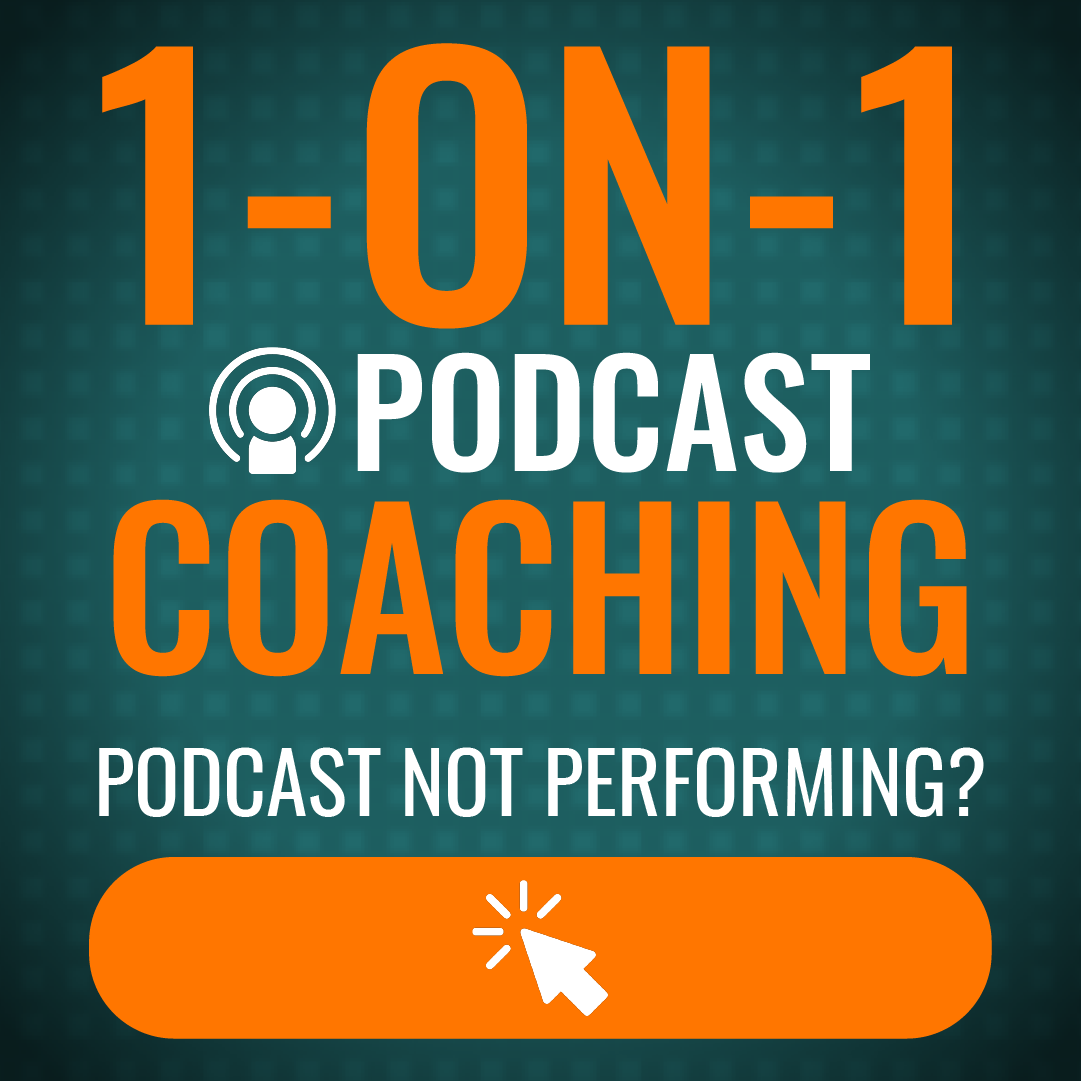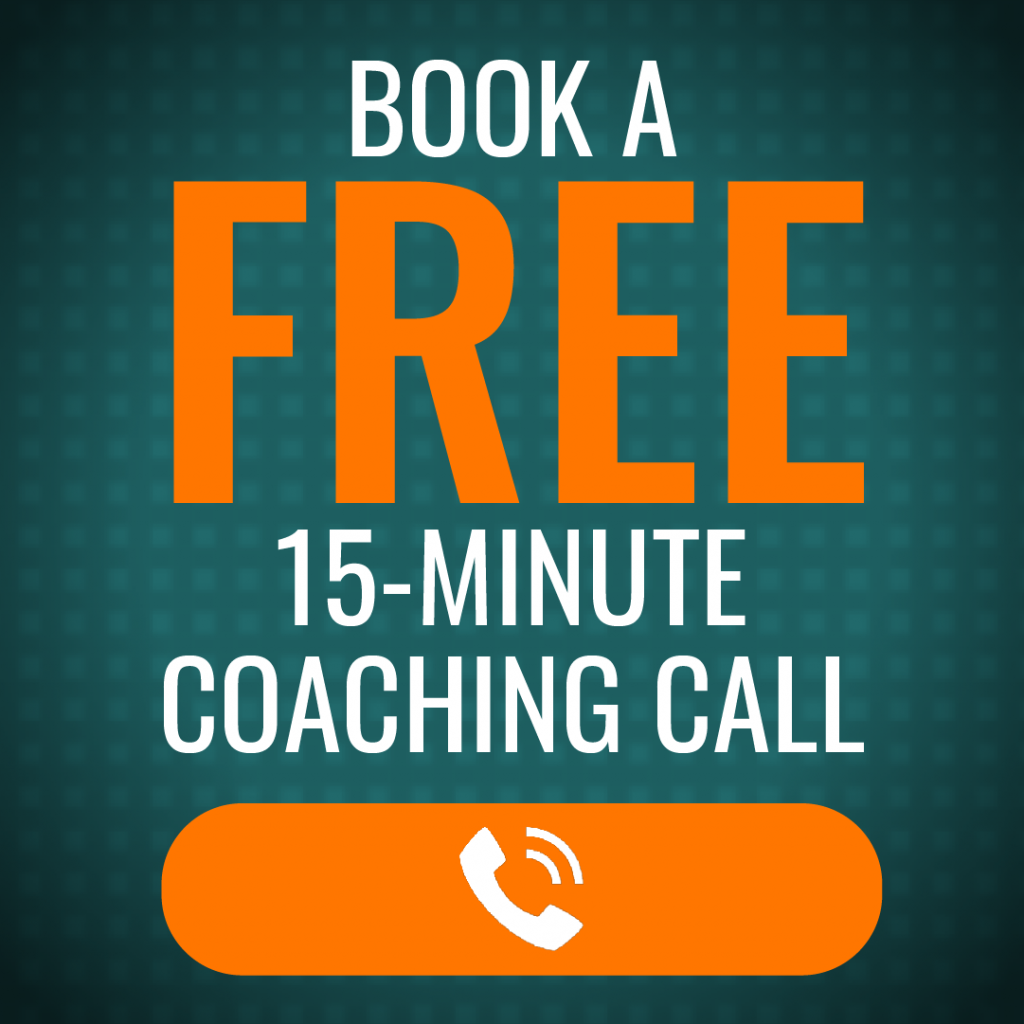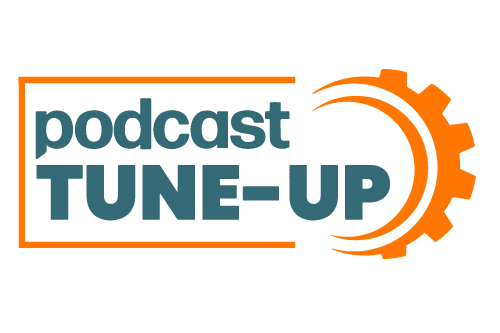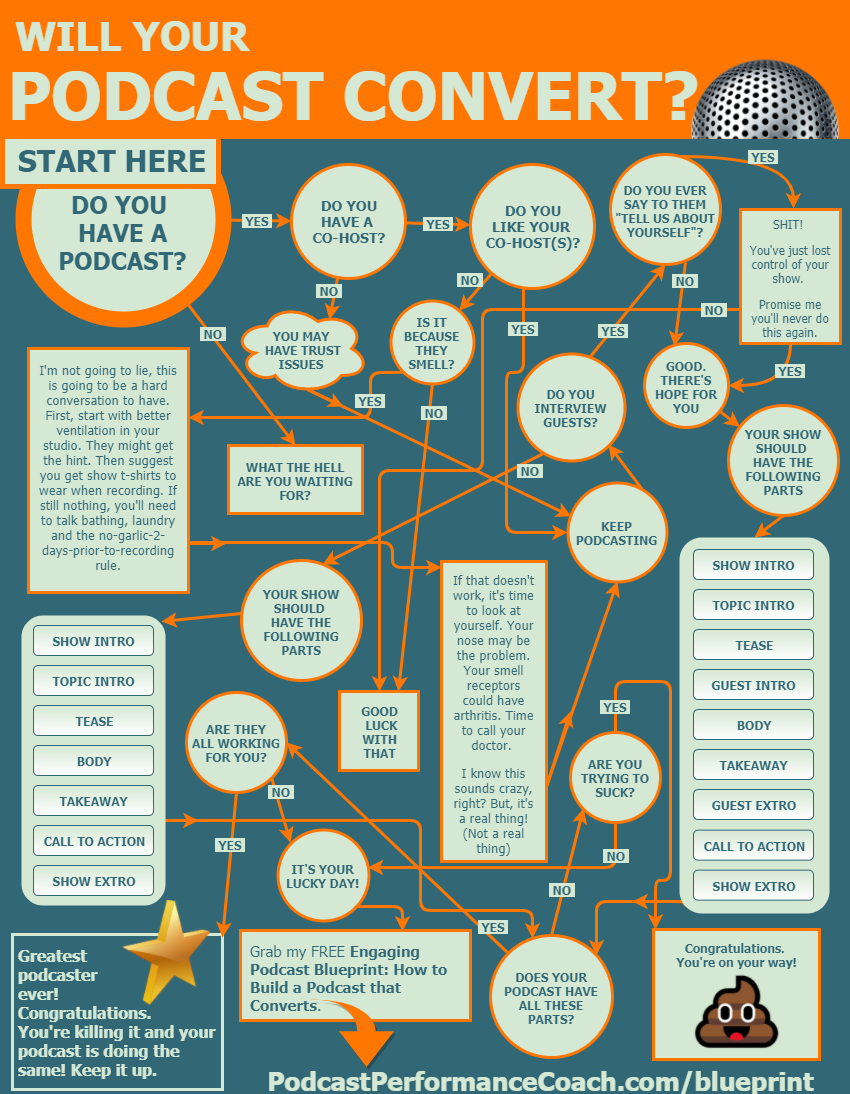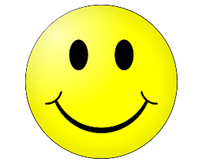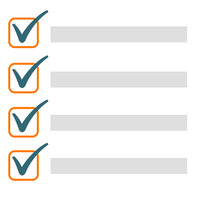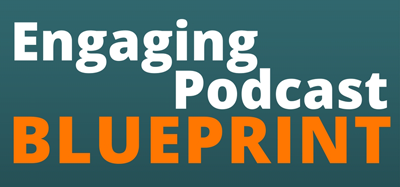The scientific and not so scientific benefits of storytelling
Gather round the campfire, podcasters, I have an f-bomb laced story for you.
Be honest, when you read that sentence, did you actually picture a campfire?
Of course you did, you’re human. And, that’s what we humans do. We use our memories to fill in the gaps that words leave. And, we’ve been doing it since caveman times. You know, like before we even had podcasts.
Speaking of the times before podcasts… and before Netflix and TV, there was only radio. Radio used to be the main form of communication and entertainment. Back then, actors performed radio plays which made plays or stories much more accessible to the masses. They used to refer to these radio plays as theatre for the mind. Nobody ever saw these actors, but everyone who listened could describe the characters to a T. The creative mind filled in the blanks.
And, people loved it. In fact, it was kind of like a rush.
You see, the brain actually releases dopamine when the Amygdala gets triggered – and you know what triggers the Amygdala? It’s memories, emotion, and creativity (aka stories).
Are you starting to see where I’m heading with this?
Let me spell it out for you. Stories are good. People like stories. People get a rush from stories and those stories get locked into their brains. When stories get locked in, the storyteller does too. If you are the storyteller, dear podcaster, you’ve just wedged yourself into your listeners brain and they liked it.
Ta-daaaa!
Now, if you’d like to hear this in action… and hear a story positively laced with f-bombs, then click play and delight you amygdala.
Next week, I’ll explain exactly how YOU can use stories effectively in your podcast – no matter what kind of podcast you have.
What’s that you say, you don’t have a podcast yet? Well, hit me up for a free 30-minute discovery call and I’ll tell you the story all about how you crafted a perfect podcast to promote your business. Click here.
